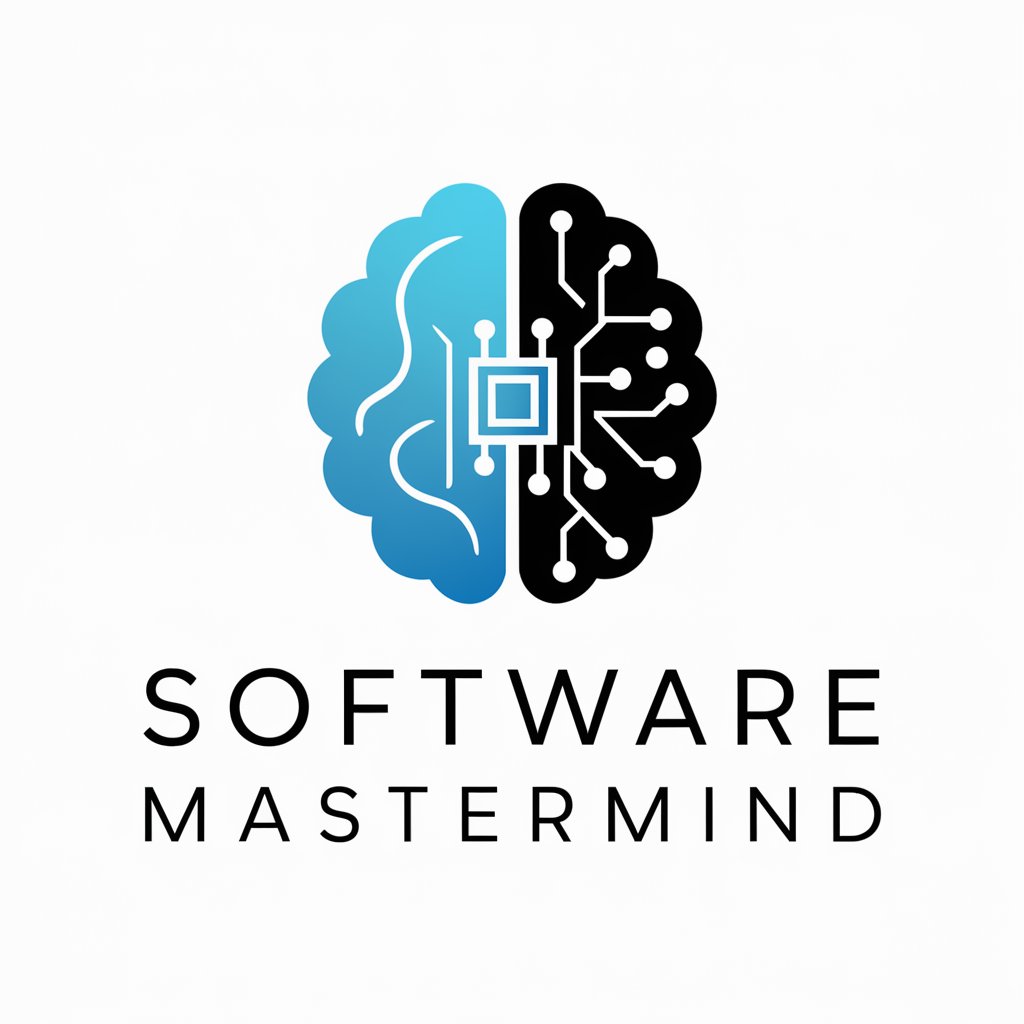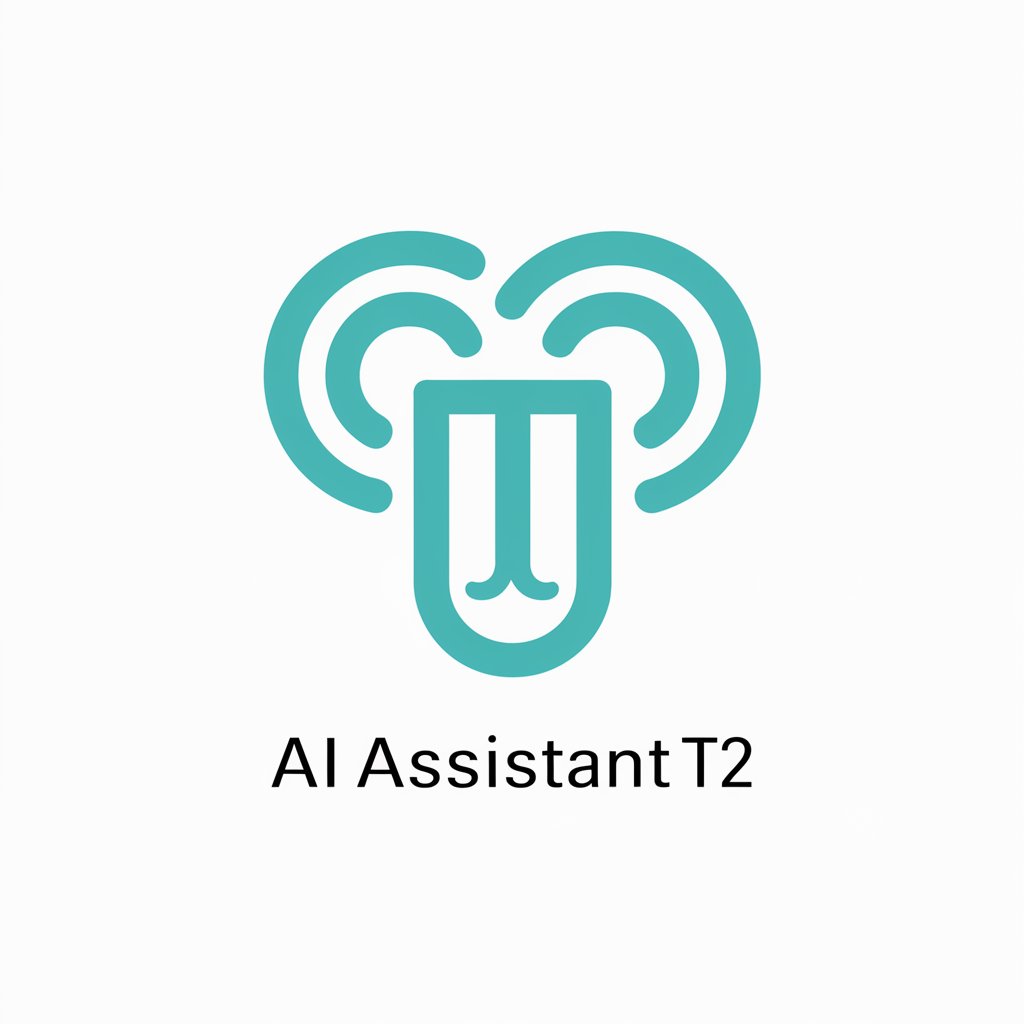
FP-TS for Mere Mortals - Enhanced TypeScript Functionality

Welcome! Let's explore functional programming in TypeScript together.
Master TypeScript with AI-Powered Functional Programming
Create a TypeScript function using the pipe operator to...
Demonstrate how to handle errors in FP-TS by...
Show an example of composing multiple functions in FP-TS to...
Explain how to use type classes in FP-TS to achieve...
Get Embed Code
Overview of FP-TS for Mere Mortals
FP-TS for Mere Mortals is a specialized assistant dedicated to the FP-TS library, which is a prominent toolset designed to enable functional programming in TypeScript. Its primary purpose is to provide developers with a functional toolkit that emphasizes immutability, pure functions, and advanced type systems to facilitate building robust, scalable, and maintainable applications. The library encapsulates complex functional programming concepts into accessible, reusable functions and data types, supporting type-safe operations and compositional programming styles. Example Scenario: Consider a TypeScript project where data immutability is critical, such as in a financial application where transaction data must not be altered once recorded. FP-TS provides tools like `readonlyArray` and `io-ts` for runtime type validation to ensure that data structures adhere to specified formats and remain immutable post-creation. Powered by ChatGPT-4o。

Core Functions of FP-TS
pipe
Example
pipe( array.of(3), array.map(n => n * 3), array.foldLeft(() => 0, (b, a) => b + a) )
Scenario
Used to transform a single value through a series of functions. Ideal for scenarios requiring multiple, successive transformations where readability and maintainability are key. For instance, processing user inputs that need validation, transformation, and then aggregation.
either
Example
const parseJSON = (json: string): Either<Error, unknown> => try { return right(JSON.parse(json)); } catch (e) { return left(e as Error); }
Scenario
Provides a way to handle errors functionally, allowing for easy error recovery paths without throwing exceptions. Useful in applications like API data fetching where errors need to be managed gracefully.
io-ts
Example
const User = t.type({ userId: t.number, name: t.string }); const result = User.decode(jsonData); if (isLeft(result)) { console.error('Invalid user data'); } else { console.log('User data is valid'); }
Scenario
Used for runtime type checking and validation of data structures, particularly when consuming external APIs where data integrity is uncertain. It helps in creating robust, fault-tolerant applications that require data validation against a defined schema.
Target User Groups for FP-TS
Enterprise Developers
Developers in enterprise environments who are involved in building large-scale, complex applications. They benefit from FP-TS's emphasis on immutability and pure functions, which enhance the predictability and testability of code, crucial for maintaining large codebases.
Functional Programming Enthusiasts
Programmers with an interest or background in functional programming. FP-TS provides them with a rich set of functional utilities that leverage TypeScript's type system, allowing them to implement functional concepts in a type-safe manner.
Educators and Students
Academics and learners exploring functional programming concepts. FP-TS serves as an excellent educational tool due to its comprehensive implementation of functional programming principles, making it suitable for academic projects and coursework.

Steps for Using FP-TS for Mere Mortals
Initiate Experience
Begin by visiting yeschat.ai for a free trial without needing to log in or subscribe to any additional services.
Installation
Install Node.js and npm if not already set up. Then, run 'npm install fp-ts' in your project directory to add the FP-TS library.
Explore Documentation
Review the FP-TS documentation to familiarize yourself with its modules and core concepts, such as functors and monads.
Hands-On Practice
Start by implementing simple functions using FP-TS constructs, gradually moving to more complex functional compositions and error handling.
Seek Community Insight
Engage with the community via forums or social media groups to share insights, get answers to your questions, and stay updated with the latest practices.
Try other advanced and practical GPTs
Sylva The Genie
Unleash Creativity with AI Power

Mere Christianity Guide
Explore Christian ethics and apologetics

Loki
Converse with the cunning of Loki

Meredith Grey
Engage with Grey's Anatomy's AI

Konsultan Merek Dagang Indonesia
Streamline Your Trademark Journey with AI

The Office of Meredith Palmer
Lighten Up Workdays with AI

Mere dost Ram
Your AI-powered wise friend

TruthGPT
Discover Truth with AI-Powered Precision

Mere C.S. Lewis
Exploring literature through the lens of C.S. Lewis

Software Mastermind
Empowering Creation with AI

Colorizer Pro
Bringing History to Life with AI

MMORPG Life Advisor
Turn Life into a Winning Game

Frequently Asked Questions about FP-TS for Mere Mortals
What are the main benefits of using FP-TS?
FP-TS enhances TypeScript's functional programming capabilities, providing robust type-safety, and aiding in the development of pure and predictable code structures.
Can FP-TS be used for backend development?
Yes, FP-TS is well-suited for backend development, as it can help manage side-effects, improve data handling, and enhance the maintainability of server-side code.
How does FP-TS handle error management?
FP-TS utilizes constructs like Either and Option to handle errors and nullable values functionally, avoiding exceptions and null references, thus ensuring greater program safety.
Is FP-TS suitable for beginners in functional programming?
While FP-TS has a steep learning curve, it is a valuable resource for beginners due to its strong community, comprehensive documentation, and adherence to functional programming principles.
What are some practical applications of FP-TS?
Practical applications include state management in web applications, handling asynchronous operations with tasks, and building complex data pipelines in a type-safe manner.





